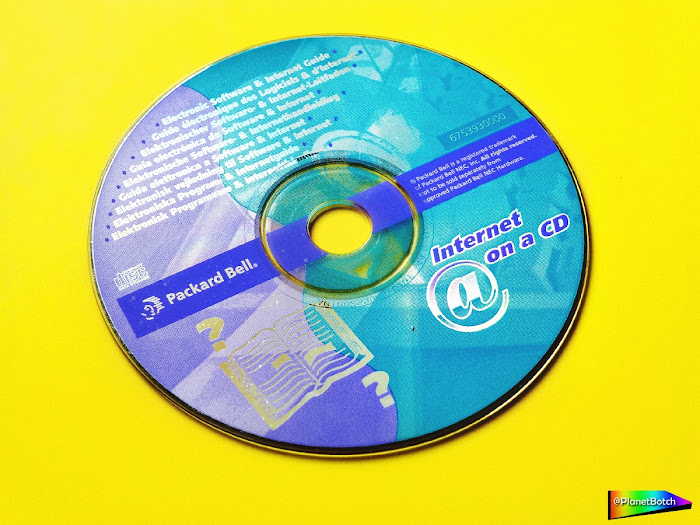"Wikipedia is building its content on other people's first-gen research and investigative work. It publicly links to the source, but then back-door says to Google's search ranking system: 'Consider this source page to have no relevance or value'. It's been doing that for nearly a decade and a half."

We're being digitally lobotomised. Force-fed. Used. The Internet has reached a truly sorry state, in which we're all told what to say, what to think, and what to like. We're imprisoned in an increasingly elitist system of content-delivery, which is calculatedly status-driven, and far more heavily based on real-life status than most of us realise. And outside of the fevered surveillance quest, online tech has innovated no genuinely new concepts since the 2000s. The Internet has become a stupefying Colossus of cultural stagnation.
Just over 45 years ago, the British music scene had fallen into a similar pit of mind-numbing misery. The music business thought its idle, elitist gravy train was safe. It was wrong.
The British punk movement of 1976 demolished the slobbish elitism of the mid 'seventies music scene, and turned a fat, platitudinous gravy train into a ground zero of fresh ideas and novelty, almost overnight. So is history about to repeat itself? Are we about to see the Internet's equivalent of punk sweep aside the repetitive boredom of Web 2.0, giving a voice to disenfranchised creative genius? And if so, how will it happen?


